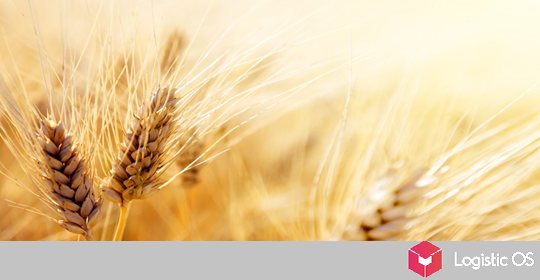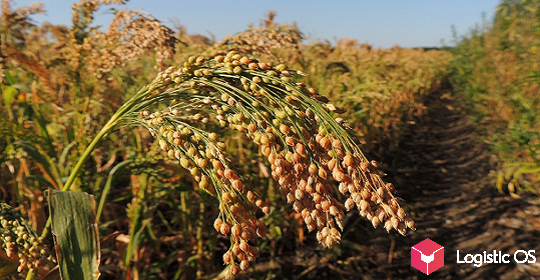Under the current conditions, companies are striving for maximum diversification of their activities.
The difficulties for companies operating in the foreign market that arose after the start of the events in Ukraine and the ongoing wave of Western sanctions remain.
Ship charter is still limited: many foreign companies have left the market. Rates for the carriage of goods by sea remain at a fairly high level.
Problems persist both in the export cargo insurance market and with the transfer of funds.
The grain agreement signed in Istanbul, which was supposed to ensure unhindered access of Russian food to the world market, is not being implemented.
In July 2022, Russia exported grain by 15% less than the same period in 2021.
Analysts’ forecast for August is even more pessimistic: the fall could be 25-30% compared to last year’s volumes.
The domestic market is dominated by small traders, while the export market is dominated by a few large companies.
Among the largest grain exporters is Demetra Trading, which took second place in the ranking of grain exporters last season.
The structure of the company includes the Novorossiysk Grain Terminal, shares in the Novorossiysk Combine of Bakery Products and the Taman grain terminal complex.
Preliminarily, the company plans to sell about 250,000 tons of grain on the domestic market.
The main buyers should be manufacturers of flour and animal feed.
Considering that the domestic market is mainly operated by small traders (with fairly large volumes), and the sales themselves are often carried out in a deferred payment mode, there are also delays in payments and bankruptcy.
According to analysts, having a sufficient margin of safety, Demetra Trading can take on additional risks and build earnings, including reselling grain to buyers who are unable to pay immediately for the goods.
So far, large exporters are not striving to enter the domestic market, although there are reliable buyers on the market: these are leading vertically integrated meat producers and large milling companies.
The demand of Russian industrial flour producers for grain is about 12 million tons per year.
Back in March 2022, Russian President Vladimir Putin recommended that exporters, in the increasingly difficult conditions, not cut production, but reorient themselves to the domestic market, which should not only help maintain production, but also help reduce domestic prices.
The difficult situation with Russian exports is likely to persist for a long time, so it is necessary to carefully assess the ratio of benefit to risk from selling products to foreign markets and from working with domestic markets.

